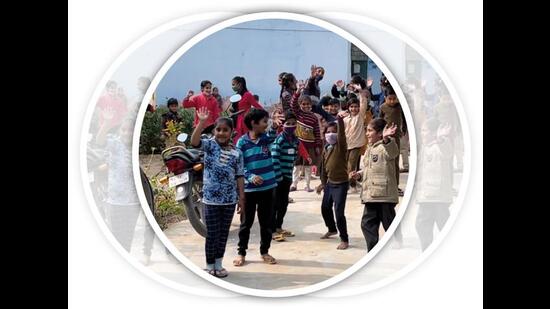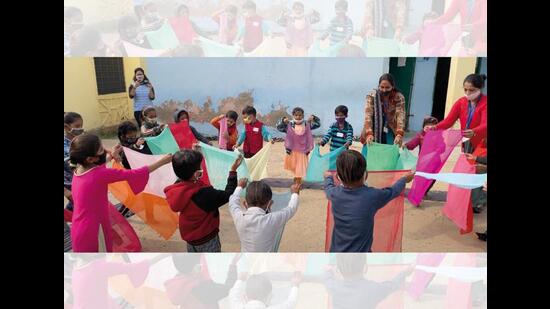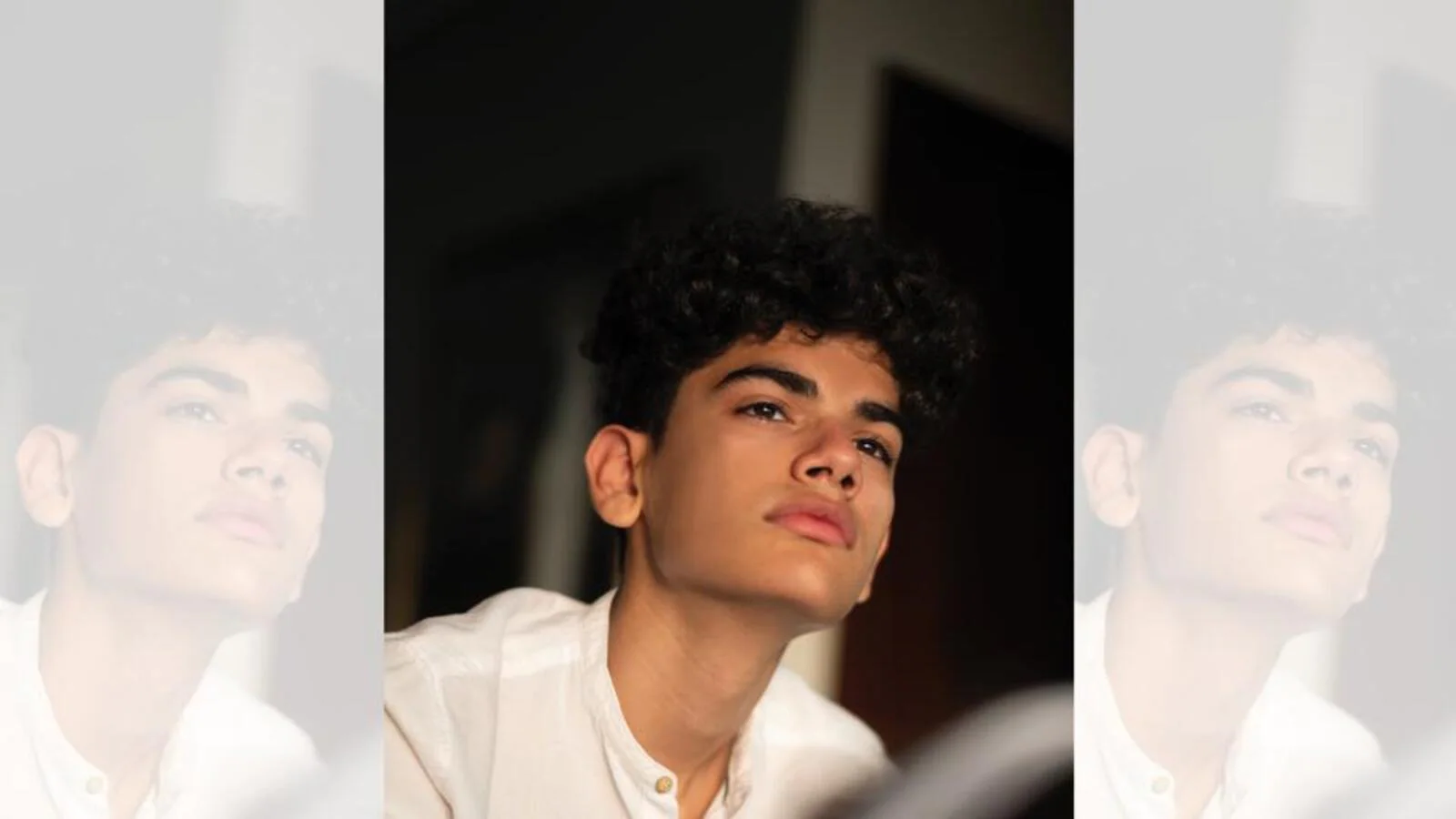[ad_1]
When 4-year-old Nirvaan Pandit joined the classes taught by his mother, a bansuri player and teacher, for three- and four-year-olds, he learned more than music. Even though he was just a little boy at the time, he saw how his mother engaged with her students, and noted that music superseded any other form of communication and helped in the mental development of the children.
“Even the ones who were quiet and reserved became energetic and passionate,” says the Mumbai-based 17-year-old guitarist and pianist. “Music has been an integral part of my life and provides many positive developmental effects.” Which is why, at the age of 14, Nirvaan began a quest to democratise the effects of music that is still popular today.
Two volumes of tunes
Tapping into the fact that there are no forms of music therapy in India, the then-14-year-old Nirvaan, developed an app called TheraTunes, aided by his elder sister, Keya, a pianist.
TheraTunes has been running for three and a half years now, starting off as a measure for Nirvaan to compose and explore the way he could help people, and visit NGOs to study the impact of music therapy on the ground.

Their in-person programme experience helped them develop more lessons and expand and now, since the onset of the pandemic, they have 30k users across 28 different countries, and two volumes of music, each with 13 songs.
This global effect was a result of the pandemic: Nirvaan’s programmes had to be online-only during the lockdown, which gave many people access to his content from wherever they were in the world. The programme allows students to pick songs based on their needs—since each song is planned to work on a different skill—and teachers access lesson-planning features and build their own lesson plans.
Access is key
“Teachers also need access to instruction and must learn to analyse how well kids react to the content,” says Nirvaan. “Music taps parts of the brain that affect cognitive, emotional and physical aspects for the specially-abled. The rhythmic elements in songs such as scales, keys and frequencies can elucidate reactions. The call response exercises in vocals help memorisation skills. These are fundamental skills necessary for the development of a child. Each song has specific scientific backing to it.”
TheraTunes has helped 11-year-old Arjun, who has Down Syndrome and attends a school for intellectually challenged children. “He had trouble speaking and sharing in class, and was easily distracted. After 12 lessons, his interactions improved,” says Nirvaan, recalling his trip to a village called Soda on the outskirts of Jaipur, where they met about 40 pre-teen schoolchildren and did a session with them with great results.

“Many people in India don’t believe in self-help or aspects of therapy that help individuals improve themselves. Music is ingrained in the culture of India. But when people think of music they only think about entertainment, not the fact that it can help as a form of therapy,” points out Nirvaan.
So, is India ready to embrace music therapy? “India is modernising as a society,” he accepts.
Nirvaan’s aim is to implement music as a regular part of the curriculum in public schools. “There’s a perception that music is not a subject, but it’s crucial that people are heard, and music helps give them a voice,” he says. “TheraTunes is my passion project, but I don’t intend for it to remain simply that,” he concludes, adding that, with respect to college, he is likely to study psychology entrepreneurship.
Follow @kkuenzang on Twitter and Instagram
From HT Brunch, March 13, 2022
Follow us on twitter.com/HTBrunch
Connect with us on facebook.com/hindustantimesbrunch
[ad_2]
Source link


amikacin Rx buy cialis online us
buy cialis online no prescription Lenny BjKnzcrVfbXORJvxW 6 19 2022
how to buy priligy as a child vasorum first stage larvae; blood analysis by Knott s for Dirofilaria immitis microfilariae, and antigenic tests for both A
2001; 86 4 1633 1637 elevage levitra Aromatase is an enzyme that helps produce the hormone estrogen
by preventing the development of grade 3 or 4 NP or febrile NP in subjects who would otherwise be expected to develop or susceptible to developing grade 3 or 4 NP precio levitra farmacia